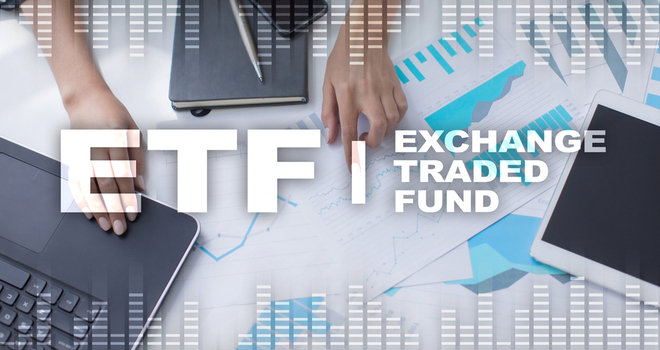One of the stories that trended in the media the past week was changes to exchange control regulations, with the 30% foreign investment cap effectively lifted in certain conditions and foreign exchange-traded funds’ (ETFs) domestic assets reclassified.
In a communication to stakeholders on 13 November 2020, the FSCA noted that the inward listing of all instruments on a South African exchange remains extant and that further guidance will be provided from the Financial Sector Conduct Authority.
Background
An explanatory note on financial sector announcements, resulting from the Mid-term Budget speech (MTBPS) of the Minister of Finances reads:
All debt, derivatives and exchange traded instruments referencing foreign assets, that are inward listed, traded and settled in Rand on South African exchanges, will be classified as domestic. The classification of all inward listed shares denominated in Rand remains domestic.
On 29 October 2020, following the MTBPS, the South African Reserve Bank also issued Exchange Control Circular No. 15/2020 about the reclassification of inward listed debt and derivative instruments as well as exchange traded funds referencing foreign assets. The Circular re-emphasises that the classification of all inward listed shares on a South African exchange remains domestic and mentions that the approval process in respect of the inward listing of all instruments on a South African exchange remains extant. The circular also lists the categories of investors who can now treat these instruments as domestic, including institutional investors, trusts, partnerships and companies. In essence, all retirement funds, retirement annuities and preservation funds can invest more than 30% offshore using ETFs that track international indices, such as the S&P 500 Index or the MSCI World Index.
Industry responses
In a radio interview on RSGGeldsake, Independent ETF strategist and advisor Nerina Visser, downplayed the idea that exchange controls were about to disappear. She added that although the FSCA had said it was going to reclassify the foreign assets, as things now stand until they make an announcement on the issue, current exchange control restrictions were still in effect. “The change in the definition will be controlled by the FSCA, and not by Treasury or the SARB,” she notes.
“This is the biggest relaxation of exchange control this country has ever had,” adds Mike Schüssler chief economist at economists.co.za reports in Moneyweb. “The change is huge because it effectively does away with foreign investment caps of 30% if the investment is listed locally and is traded in rand. This means local pension funds, which collectively have an asset pool of around R4 trillion – pending the aforementioned provisions – are no longer limited in how much they can invest abroad.”
Sygnia CEO, Magda Wierzycka agrees. She also feels that the circular issued by the SARB caught everyone by surprise. “This fairly gentle relaxation of foreign exchange controls means that investors can diversify their investment strategies in a low-cost manner utilising index tracking funds,” she adds.
Wierzycka further believes that it is a particularly good move for low-cost asset managers, as it allows them to sell more of a broader range of offshore products which have better growth prospects than those in South Africa. “The mechanism of allowing investors to diversify their strategies through index-tracking ETFs not only enables the potential for more attractive, lower-risk returns, but also does so in a low-cost manner. Given the pedestrian returns from domestic equities and listed property in particular, a boost in investment performance is a boost to the economy,” she comments.
“I know that active asset managers are likely to complain, one argument being that this will weaken the South African corporate sector. In fact, I expect they will do everything in their power to stall this development, issuing dire warnings of a weakening rand and a lack of funding for South African corporates”.
There is another view, of course. Wierzycka says, “If I were an active asset manager, I would view this as an opportunity to diversify my own investment strategy. There is nothing to stop a manager from incorporating offshore ETFs in their domestic equity or global balanced portfolios as part of an actively managed strategy. While there is some small cost to such a move, the returns offered to their clients may be greatly enhanced. Time will tell whether logic prevails or self-interest dominates. In the short term, expect a lot of noisy bleating.”
Click on the links to read more of Magda Wierzycka’s insights:




